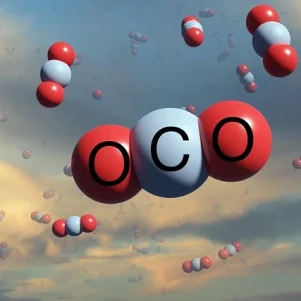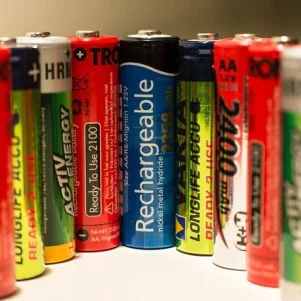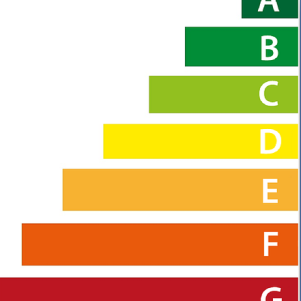Green hydrogen appears to be a hot topic in the renewable energy sector. It involves the combination of an installation for electric energy generation from renewable sources (solar, wind, etc.) and a module for hydrogen generation by electrolysis – that is, from water.
Many argue that Spain could be the ideal place for project development, thanks to its plenty of sun and available land. While the development of the first pilot projects has already been initiated in Spain, the interest in project development is rising exponentially.
Green hydrogen as the clean fuel of the future?
In line with applicable legislation in other European countries, Spanish law does not provide a uniform regulation for green hydrogen projects. From a legal point of view, there are two aspects to treat separately:
- On the one hand, the generation of electrical energy from renewable sources. This activity is considered to belong to the energy sector, governed by energy law, in the strict sense.
- On the other hand, the production of hydrogen. Even if the corresponding module (i.e. the electrolyser) is directly connected to a renewable energy installation (e.g. a PV plant), hydrogen production is legally considered an industrial activity of the chemical sector, implying the applicability of a separate set of rules and regulations.
For both parts, the respective permits, licenses, and authorizations required under applicable law are mandatory, without prejudice to fulfil additional legal requirements.
This includes obtaining the usual permits, licenses, and authorizations for renewable energy plants. The project development process follows the following structure:
- Securing of land, considering its correct urbanistic classification
- If applicable, securing the connection point and the feed-in permit, bearing in mind that the required deposit of the guarantee of EUR 40 per kW/h, is mandatory in Spain
- Preliminary administrative authorization of the project and approval of the technical project planning
- If applicable, a declaration of public interest
- Construction license by the local authority
- Operating authorization. The installation operation may be subject to further formalities, depending on the location and characteristics of the project.
Green hydrogen production must also comply with additional legal requirements. In particular, environmental requirements, the approval process of which is extensive. Furthermore, the land for hydrogen production must be classified as industrial from an urban planning law perspective.
An additional sectoral administrative authorization is only necessary if a feed-in into the gas grid is planned (power to gas). This is still an issue in Spain, as in other EU countries (currently only a 5% concentration is permitted).
Further requirements for the start-up and operation of the plant must be considered, based on national law (environmental liability, safety regulations, reporting obligations, etc.) and European law. In particular, the classification, labelling and packaging of substances and mixtures (CLP Regulation) for notification to the European Chemicals Agency (ECHA), and the Registration, Evaluation, Authorisation and Restriction of Chemicals (REACH Regulation).
Before starting a green hydrogen production project in Spain, it is useful to clarify the respective authorization processes with the competent authorities. It is worthwhile to involve experts, given that the authorities still have little experience with this kind of project.
Pia V. Kohrs
If you need further information regarding green hydrogen or project development in Spain,





